If youâve been dabbling with demons, open to the occult, or practicing pseudo-Latin from Harry Potter because you (unlike Potterâs heroes) want to control your life and predict the future, you must stop that. Godâs life-sovereignty is better. His final prophet, Jesus, is better.
And if you have also been prying into the âprosperity gospel,â probing into mystical prayer, or actually bought the story behind that paper âprayer rugâ that came randomly in the mail, you also need to stop that. It doesnât matter how âChristianâ these things appear â they are just plain old divination gear with a âMade By Angel of Light Industriesâ sticker on the back.
Yes, we may critique obvious evil practices that march right up your front lawn in red tights and scary face masks, even while evil is creeping in through the back door. Evil even masks itself in methods meant to keep out evil (which is what real witchcraft is meant to do).
Especially at this time of year, whatâs the Christian to do? Itâs not enough for us to reference texts like Deut. 18 and say what they donât forbid. What does Scripture forbid â and why?
Christian fans of fantasy must not endorse, say, magic while only reluctantly admitting that okay, fine, some things are bad and nasty. Instead Christian fantasy fans must get out front and lead the charge against evil concepts and causes that dishonor Christ, the true Prophet.

âThe Andy Griffith Showâ for laughs threw its full support behind divination in âThree Wishes for Opie.â
Out with the false prophets, in with the Final Prophet
Deuteronomy 18 is the prime Old Testament text that warns against pagan divination. Letâs hit this text with some hermeneutics and see what we find, for them then, and for us now.
âThe Levitical priests, all the tribe of Levi, shall have no portion or inheritance with Israel. [verse 1]
A strange fact about Deut. 18: thereâs more in there than about pagans. As in Deut. 17, this opening paragraph continues Godâs cohesive instructions spoken through Mosesâs sermon about spiritual leadership in Israel. Deut. 17 speaks of trials for individual sin, how priests and judges should discern truth, and what should happen when Israel finally gets a king.
This context continues into Deut. 18âs first instructions: God is specifying how His people should support the order of Levite priests. They are, for now, His âmediatorsâ for Israel.
Surely this is why God then moves to a darker topic: fake mediators. Imposters. Liars.
From Deut. 18, verse 9 and onward:
âWhen you come into the land that the Lord your God is giving you, you shall not learn to follow the abominable practices of those nations.
For them: This was originally spoken to and written for all Israel listening at the time. You will soon enter the Promised Land, and itâs a bad neighborhood. Donât copy your neighbors.
For us: Godâs promise to Abraham that through his descendants âall the families of the earth shall be blessedâ (Gen. 12:3) has come/is coming true. We are those families of the Earth. Israel has expanded to include the Church and Gentiles (John 10:16, Acts). Thus we can now also listen to these older promises and warnings. Christians will disagree over how OT portions now affect us, but thanks to the New Testamentâs similar warnings about sorcery and abominable practices, we may safely conclude these warnings do affect us.
âThere shall not be found among you anyone who burns his son or his daughter as an offering,
For them: Donât practice literal human sacrifice! Itâs an abominable practice.
For us: Treat the image of God with the utmost respect. Life is sacred. Though we may not burn children on altars, how might we even in small ways practice âhuman sacrificeâ?
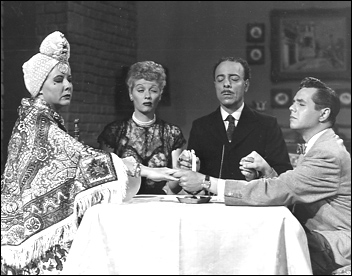
âanyone who practices divination or tells fortunes or interprets omens, or a sorcerer or a charmer or a medium or a necromancer or one who inquires of the dead, for whoever does these things is an abomination to the Lord.
For them: All of these practices sound different, but they are alike â every one is a false and blasphemous way to seek Godâs will in the future. Divination: attempting to foretell the future. Fortune-telling: the same. Interpreting omens: the same. Sorcery, charming, trying to call up the dead for secret information about what will happen: all abominable imposters standing in for the real way God will reveal the future. (More on this in a moment.)
For us: Spoiler â that Prophet was Christ (Hebrews 1). So how much more ought we avoid mysticism and superstition that seeks to get Godâs âanswer keyâ apart from His final Word.
âAnd because of these abominations the Lord your God is driving them out before you. You shall be blameless before the Lord your God, for these nations, which you are about to dispossess, listen to fortune-tellers and to diviners. But as for you, the Lord your God has not allowed you to do this.
For them: OT Israel will have a unique role, used of God to punish these chronic offenders. (Weâre not told their stories, but weâre told enough about God to know He is perfectly just.)
For us: Only the Church, and no modern nation, inherits Godâs promises to Israel. Slowly God is âdriving ⊠outâ evil in the world, but now in a fulfilled and more-powerful way. Thus we expect pagans to practice paganism, but we also humbly confront it among ourselves.
God punished pagans then, and He promises to punish them later. But in both Testaments He emphasizes: you will not practice this same paganism. Itâs not about them. Itâs about us.
So how will He communicate His will to His people then and now?
âThe Lord your God will raise up for you a prophet like me [Moses] from among you, from your brothersâit is to him you shall listenâjust as you desired of the Lord your God at Horeb on the day of the assembly, when you said, âLet me not hear again the voice of the Lord my God or see this great fire any more, lest I die.â And the Lord said to me, âThey are right in what they have spoken. I will raise up for them a prophet like you from among their brothers. And I will put my words in his mouth, and he shall speak to them all that I command him. And whoever will not listen to my words that he shall speak in my name, I myself will require it of him. But the prophet who presumes to speak a word in my name that I have not commanded him to speak, or who speaks in the name of other gods, that same prophet shall die.â And if you say in your heart, âHow may we know the word that the Lord has not spoken?ââwhen a prophet speaks in the name of the Lord, if the word does not come to pass or come true, that is a word that the Lord has not spoken; the prophet has spoken it presumptuously. You need not be afraid of him.â
For them: God will reveal His will and the future in His own way, using prophets and the coming Prophet. That is the exclusive way He will give any further revelation to OT Israel.
A true prophetâs simple criteria is this: a) he speaks in Godâs name and not for other gods, which also implies that his revelation must match Godâs previous confirmed words; b) the prophecy must, must come true â e.g., no backsies, no excuses, and no qualifications.
For us: God did send prophets, discerned by those simple criteria, and that final Prophet was Christ Himself, Whose every word aligned with Godâs previous revelation and came to pass. Because He is the final Prophet, the implication is clear: no more prophets, and no more revelation like that. This doesnât discount âechoesâ of Godâs Word in nature or art, His miraculous intervention, or His surprising guidance of our lives that we often recognize in retrospect. But it does discount the methods many well-meaning Christians promise will help us practice âdivinationâ and determine His exact individual will before our decisions.
The enslavement of sorcery
 Lest we fail to take false-forecasting divination/sorcery/paganism seriously, the apostles repeat such warnings for Godâs people in the New Testament.
Lest we fail to take false-forecasting divination/sorcery/paganism seriously, the apostles repeat such warnings for Godâs people in the New Testament.
In Galatians, the apostle Paul blasts legalism and upholds true freedom.
For freedom Christ has set us free; stand firm therefore, and do not submit again to a yoke of slavery. [âŠ] You were called to freedom, brothers. Only do not use your freedom as an opportunity for the flesh, but through love serve one another.
(Galatians 5:1, 13)
âFreedomâ with no chief end isnât freeing. Itâs slavery. Such works of the flesh enslave us:
Now the works of the flesh are evident: sexual immorality, impurity, sensuality, idolatry, sorcery, enmity, strife, jealousy, fits of anger, rivalries, dissensions, divisions, envy, drunkenness, orgies, and things like these. I warn you, as I warned you before, that those who do such things will not inherit the kingdom of God.
(Galatians 5: 19-21; emphasis added, as below)
Sorcery enslaves. You may be an OT pagan sacrificing your child â your own child, and the very promise of your dynasty! â to appease false gods. Or you may be a pagan reading a horoscope based not even on updated superstition. Or you may be a well-meaning Christian seeking to âdivineâ the Lordâs will for your life apart from His final Prophet, Christ, and the written revelation of Christ. In all of those situations, youâre not free for Him. Youâre a slave.
Praise be to God that Christ died to set slaves free â free from fear and mysticism, spiritual slavery, paranoia about false prophecies, and the powers of darkness. But what about those who reject Godâs promised Prophet and persist in their vain attempts to divine the future?
Revelation, amongst all the controversial symbols, speaks of Babylonâs fall simultaneous with Christâs promised return. By now Iâm sure âBabylonâ refers to the whole sinful world:
[âŠ] The light of a lamp
will shine in you no more,
and the voice of bridegroom and bride
will be heard in you no more,
for your merchants were the great ones of the earth,
and all nations were deceived by your sorcery.
(Revelation 18:23)
Sorcerous empires will be purged from the planet. All that evil impurity, blasted into ash.
Blessed are those who wash their robes, so that they may have the right to the tree of life and that they may enter the city [New Jerusalem, Godâs dwelling place on New Earth] by the gates. Outside are the dogs and sorcerers and the sexually immoral and murderers and idolaters, and everyone who loves and practices falsehood.
(Revelation 22:14-15)
Sorcerous people will not enter the resurrected Earth. They will go on in slavery forever.





































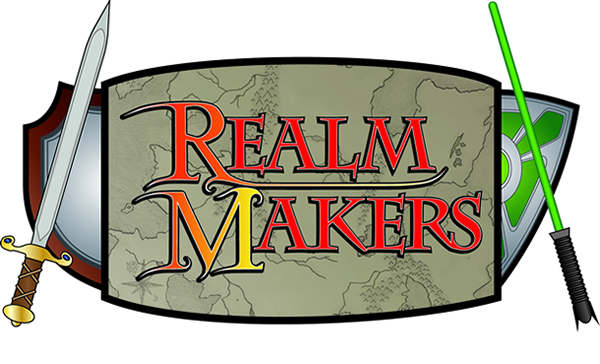



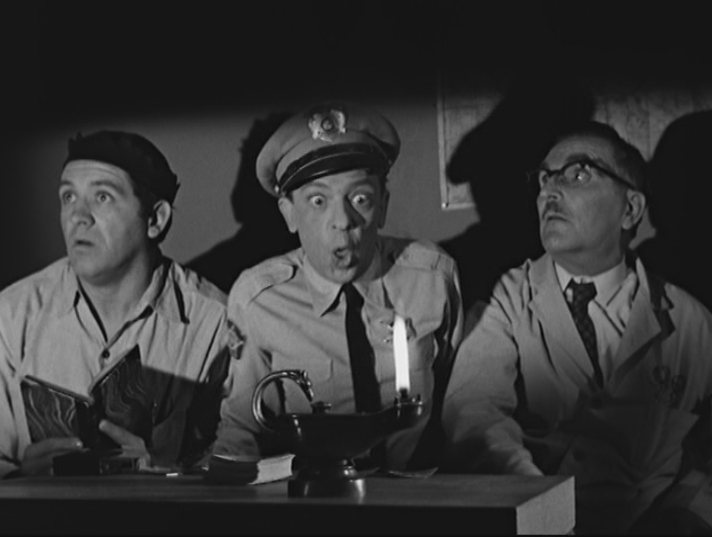



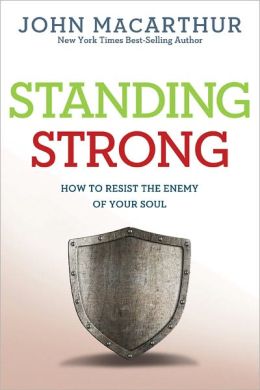
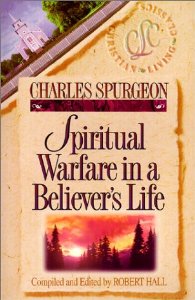

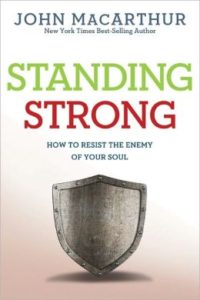
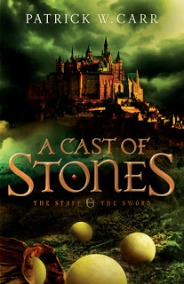
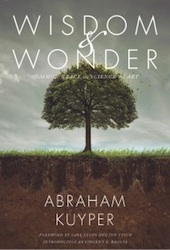













 Orson Scott Card has defined fantasy, as opposed to science fiction, as a story about things which couldnât happen. In other words, there are wonders and magic.
Orson Scott Card has defined fantasy, as opposed to science fiction, as a story about things which couldnât happen. In other words, there are wonders and magic.



